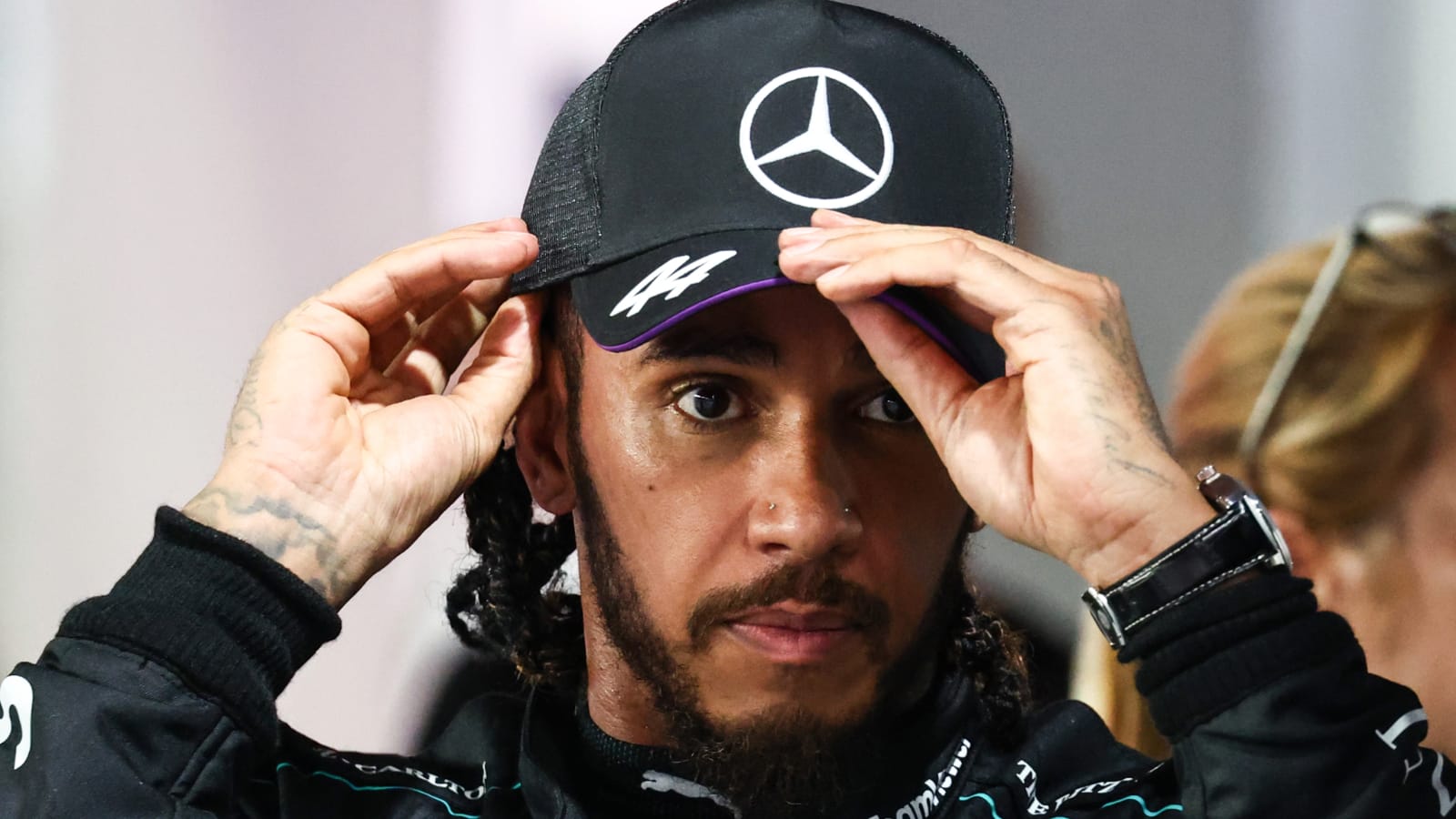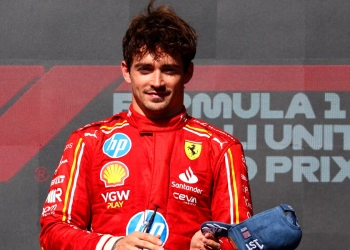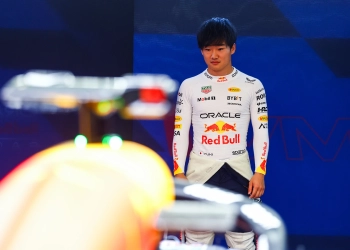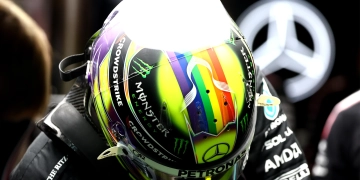Lewis Hamilton has opened up on the extent to which he has endured battles with mental health struggles throughout his life, including his initial period in Formula 1.
Hamilton burst onto the F1 scene at the tender age of just 21 with the leading McLaren team, finishing ahead of team-mate and reigning champion Fernando Alonso.
But having clinched the title in his sophomore season, McLaren’s competitiveness dropped and mistakes on Hamilton’s side caused the media to pile the pressure on.
Hamilton has opened up on how issues with mental health can be traced back to when he was growing up as he balanced school with his desire to be a racing driver.
“When I was in my twenties I had some really difficult phases. I mean, I’ve struggled with mental health through my life, ” he told the Times.
“Depression. From a very early age, when I was, like, 13. I think it was the pressure of the racing and struggling at school. The bullying. I had no one to talk to.
“I spoke to one woman, years ago, but that wasn’t really helpful. I would like to find someone today.”
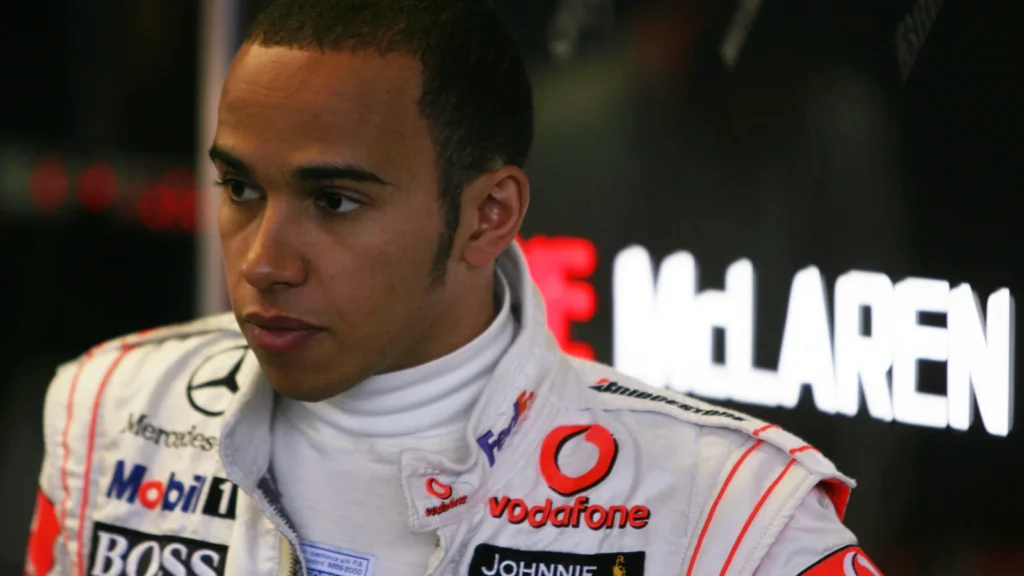
Hamilton doesn’t allow past experiences to ‘anger’ him
Hamilton has expressed that the death of his childhood hero Ayrton Senna in a crash at the San Marino Grand Prix at Imola back in 1994 had a monumental impact.
The seven-time F1 champion recalled working on a go-kart with his dad after the death of the Brazilian as he tried to manage the raw emotions he was processing.
“I remember going to the front and crying, bawling my eyes out,” Hamilton added.
“I couldn’t cry in front of my dad, he was not that kind of guy.”
Hamilton also admitted confusion about the racism incidents that he encountered as a child, but he has claimed such previous experiences in life no longer anger him.
“I didn’t understand it,” he said of the racism. “[My parents] never explained what was going on.
“My dad was just, ‘Keep your head down, hold it in, don’t say anything, just beat them on the track, that’s all you can do.’
“You’re learning about things that have been passed down to you from your parents, noticing those patterns, how you react to things, how you can change those.
“What might have angered me in the past doesn’t anger me today. I am so much more refined.”
Recalling the death of George Floyd, who influenced the Black Lives Matter movement, Hamilton addressed that he felt compelled to act and use his global platform.
“If I felt there were wrongdoings I didn’t feel I could speak out,” he said.
“The cork popped. It had me on my knees in tears, all this emotion came out.
“It was such a strange experience because I don’t remember crying since I was really young. I knew that I’d had enough, I really needed to speak out.
“There are people that are staying silent, people that feel voiceless and I have this platform.
“Winning championships is an amazing thing, but what are you doing with it? What are you doing with your time on this planet?”
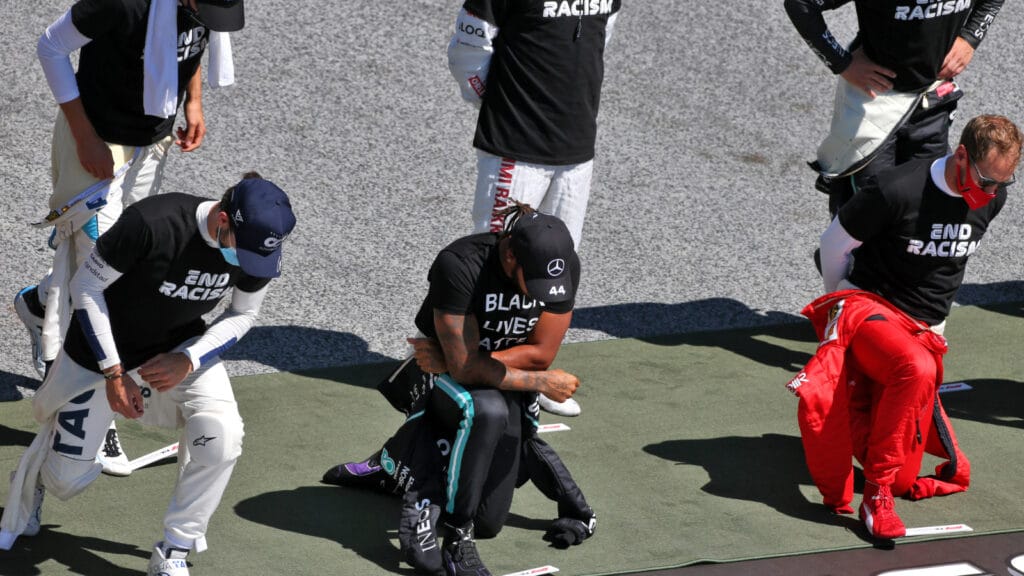
A mental health game changer
By speaking out about his struggles in life and his career, Hamilton’s message will reach millions of voices who may be struggling with mental health.
This was a sentiment echoed by the Head of Media at mental health charity Mind Joe Levenson, who said Hamilton’s revelations would have a significant impact.
“We are grateful to Lewis Hamilton for being so open and sharing his experience with depression, and the impact that racism has had on him over many years,” Levenson said.
“Speaking up and speaking out can help to normalise conversations and challenge the stigma that so often surrounds mental health.
“At Mind, we know that when public figures speak openly about their mental health, it can have a powerful impact.
“Our research has shown that one in five people have started a conversation about their mental health after hearing a celebrity or someone in the public eye share their experience.”

